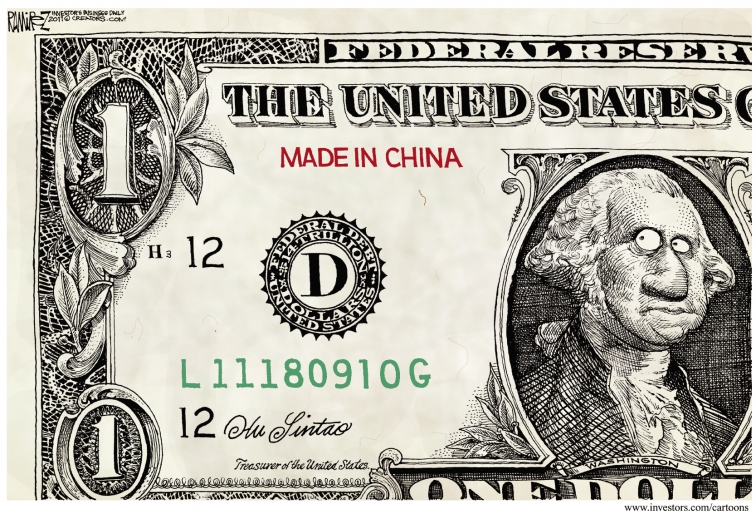The nation’s capital is abuzz today over President Obama’s Wall Street Journal commentary, “Toward a 21st Century Regulatory System.” Astonishingly, Obama actually praises America’s free market system as “the greatest force for prosperity the world has ever known” while promising regulatory reform:
I am signing an executive order that makes clear that this is the operating principle of our government. This order requires that federal agencies ensure that regulations protect our safety, health and environment while promoting economic growth. And it orders a government-wide review of the rules already on the books to remove outdated regulations that stifle job creation and make our economy less competitive. It’s a review that will help bring order to regulations that have become a patchwork of overlapping rules, the result of tinkering by administrations and legislators of both parties and the influence of special interests in Washington over decades.”
Whether Obama speaks honestly, or simply seeks to deceive the electorate in anticipation of 2012, lies beyond our powers of divination. The available evidence, however, justifies extreme skepticism.
One cause for doubt stands out immediately. In identifying examples of the federal regulatory state run amok, the best Obama can do is point to saccharine, saying that the Food and Drug Administration (FDA) permits it for consumption in coffee while his Environmental Protection Agency (EPA) labels it a “dangerous chemical.” That’s it? That’s the best example he can cite?
Just one month ago, Obama’s own Federal Communications Commission (FCC) flagrantly defied two-to-one public opposition, a unanimous Court of Appeals and a bipartisan group of 300 members of Congress by voting to regulate the Internet via “Net Neutrality.” Obama claims in his column that he aims to prevent “regulations that stifle job creation and make our economy less competitive,” but that’s exactly what “Net Neutrality” will do. The FCC seeks to regulate an Internet sector that has thrived over the past two decades precisely because the federal government has refrained from interfering with regulations such as this. The result will be fewer incentives for continued Internet investment, expansion and innovation, as well as declining service as capacity fails to keep pace with demand.
Additionally, Obama’s Labor Department seeks to impose “card check,” which will end secret ballot voting in union elections, and his EPA seeks to impose global warming carbon cap-and-tax regulations. Both of those agenda items failed miserably in Congress even when controlled by Democratic supermajorities, but Obama’s regulatory agencies now seek to impose them anyway.
So Obama talks a good game in today’s op/ed. But unless he issues an immediate cease-and-desist order on “Net Neutrality,” card check and cap-and-tax, his words will prove just as meaningless as his other broken promises.




 CFIF Freedom Line Blog RSS Feed
CFIF Freedom Line Blog RSS Feed CFIF on Twitter
CFIF on Twitter CFIF on YouTube
CFIF on YouTube